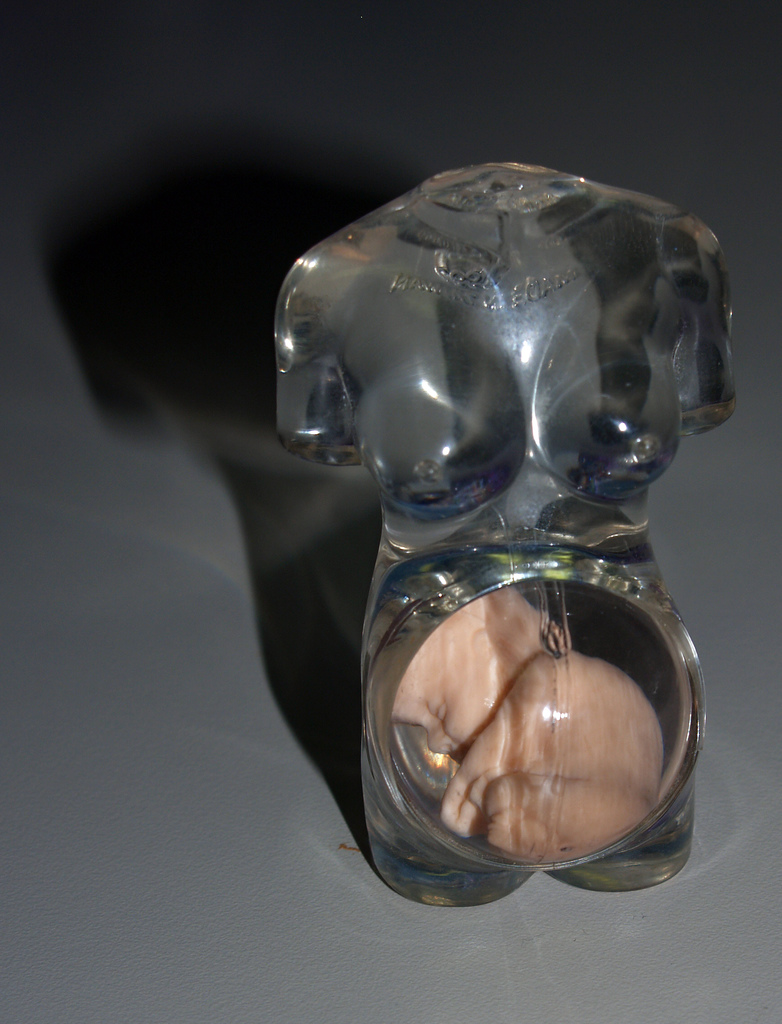 Jeffrey Lam (2 Posts)
Jeffrey Lam (2 Posts)Writer-in-Training
Warren Alpert Medical School
Jeffrey Lam is a second year medical student at Brown University Warren Alpert Medical School in Providence, Rhode Island. Jeff was born and raised in Columbus, Ohio. In 2016, he earned his Bachelor of Science in health and human biology from Brown University in Providence, Rhode Island. Jeff's senior thesis focused on the intersection between positive psychology and public health. Before medical school, Jeff worked on public health research in Hanoi, Vietnam. In his free time, Jeff enjoys thinking, lifting heavy things, having good conversations, dabbling in new hobbies, and learning about himself and the world. After medical school, Jeff would like to pursue a career in internal medicine or psychiatry.
My former pediatrician always had the brightest smile. She was an effervescent “people-person.” Between her and episodes of Grey’s Anatomy, I always thought that all physicians were outgoing butterflies flapping back and forth between patients and their vibrant social lives. Physicians are usually depicted as extroverts, and medicine a profession of the people.
In the middle of my second year of medical school, I began noticing early signs and symptoms of burnout. The stress, anxiety and diminishing joy terrified me because I wondered: How could I already be burned out when I had not even studied for Step 1 or started rotations at the hospital? Were there any remedies to what I was experiencing?
Charity Scott, JD and professor of law at the Georgia State Catherine C. Henson School of Law, stood at the front of our medical school lecture hall with her arms stretched wide. “The welfare of a pregnant mother?” she said as she dipped one arm down, burdened by an invisible weight. “Or the welfare of an unborn child?”
This year, I had the privilege of rotating through an addiction clinic, Addiction Allies. During the rotation, I heard many stories similar to this one. It surprised me just how many of the accounts contained a medical professional joking about opioid use or presenting a drug as the solution to pain.
On the first day of my summer fellowship, I almost stepped on a used needle. The road was littered with needles and syringes, a byproduct of widespread intravenous drug usage and a physical embodiment of a much larger problem. The United States is in the midst of an epidemic that takes over 115 lives per day.
There are patients who leave lasting impressions on us in one way or another throughout our training. I had never expected an angry, alcoholic patient who left against medical advice to be one of those patients for me.
Asian-Americans are often seen as model minorities. We are expected to excel in all areas regardless of our backgrounds creating a high-stress environment with a relative lack of support.
And so, I reincarnate the Biblical jeremiad for our purposes and admonishment: Beware of practitioners of pseudo-medicine. They come to you in physicians’ white coats but in actuality are mere salespeople.
I am writing to share my concern regarding a series of unusual and troubling cases affecting medical professionals across the country. It manifests as a selective form of hemineglect in otherwise neurologically intact individuals.
My mind kept returning to the patient I had encountered earlier that day. I experienced this subtle feeling that something important had happened. I became curious about the man and his story, but above all, I wondered what the most important part of that appointment had been.
The practice of humanism must be at the core of medicine, and this different model, entitled the biopsychosocial (BPS) model, permits and exemplifies this practice.
Ayahuasca and DMT may help us find the uncover cures to medical issues. Because DMT is produced by the human brain and released during the sleep cycle, exogenous administration of ayahuasca could lead to new approaches to studying normal and abnormal brain functions.
 Antonio Cristóbal Luque Ambrosiani (1 Posts)
Antonio Cristóbal Luque Ambrosiani (1 Posts)Contributing Writer
University of Seville Faculty of Medicine
I am a fifth-year student from the University of Seville interested in exploring the boundaries of medical knowledge, trying to learn from different backgrounds. The universe is immense, and science provides us with a powerful tool to engage with its mysteries, despite that I still got more questions than answers. As a consequence of this, life offers us a never-ending game of pursuing new scientific evidence to better understand nature and ourselves.



